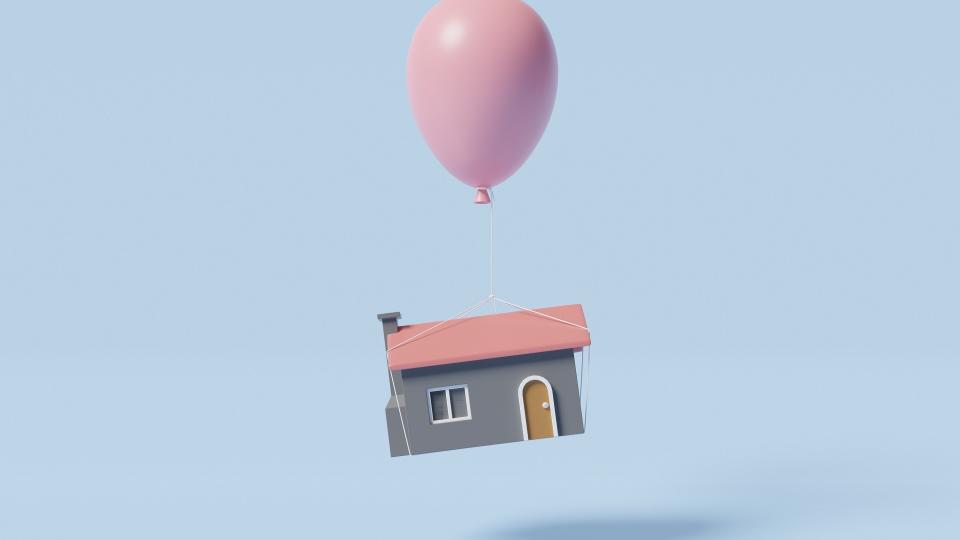Mortgage Rates Rise to 20-Year High of 6.92% — How Has It Affected Rental Costs?

On a day when the bad economic news seemed to hit like an anvil — including higher-than-expected inflation and tumbling stock prices — the U.S. housing market got some bad news of its own in the form of the highest mortgage rate in more than 20 years.
See: As Interest Rates Rise, Is It Better To Choose a Variable or Fixed-Rate Mortgage?
Explore: Should You Still Buy a Home in Today’s Market?
Rates continued their steep climb in recent weeks as the 30-year fixed-rate mortgage rose to 6.92% as of Oct. 13, 2022, according to data released on Thursday by Freddie Mac. That’s up from 6.66% a week prior, 6.02% a month prior and 3.05% a year prior. It’s also the highest rate since April of 2002.
“We continue to see a tale of two economies in the data: strong job and wage growth are keeping consumers’ balance sheets positive, while lingering inflation, recession fears and housing affordability are driving housing demand down precipitously,” Freddie Mac Chief Economist Sam Khater said in a statement. “The next several months will undoubtedly be important for the economy and the housing market.”
The 15-year fixed-rate mortgage rose to 6.09% from 5.90% a week prior, 5.21% a month priorand 2.30% a year prior. The adjustable-rate mortgage averaged 5.81%, also up from the prior week.
These high rates have already had an impact on the housing market. Mortgage applications fell 2% over the past week amid an environment where rates have added hundreds of dollars in costs to potential homebuyers, MarketWatch reported, citing data from the Mortgage Bankers Association.
Meanwhile, Barron’s reported that housing market sentiment in September fell to its lowest level since 2011, according to Fannie Mae ‘s Home Purchase Sentiment Index. About three-quarters of respondents to the survey said it was a “bad time” to buy a home.
The share of respondents who said home prices would go down over the next year was greater than the share that said prices would go up. That hasn’t happened since the early months of the COVID-19 pandemic in 2020.
“As long as supply is limited and affordability pressures continue to constrain potential homebuyers via elevated home prices and mortgage rates, we expect home sales will remain sluggish,” Doug Duncan, Fannie Mae’s chief economist, said in a statement.
A slowdown in home sales has also had a domino effect that has pushed rental prices higher, said Gargi Chaudhuri, BlackRock‘s Head of iShares Investment Strategy Americas.
“High mortgage rates have caused potential homebuyers to turn away from buying a house to the rental market, driving rental prices higher as the market becomes saturated with more renters,” Chaudhuri said in an email commentary shared with GOBankingRates.
The housing market didn’t get any favors from the Oct. 13 Consumer Price Index report for September, which showed that inflation rose a higher-than-expected 8.2% over the last year.
Compare: Half of the 10 Fastest Cooling Housing Markets Are on the West Coast
Learn: What Is a Mortgage Rate Buydown?
The Dow Jones Industrial Average sank 233 points, or 0.82%, in early trading on Oct. 13, as well — briefly touching its lowest intraday level since November 2020, CNBC reported.
More From GOBankingRates
This article originally appeared on GOBankingRates.com: Mortgage Rates Rise to 20-Year High of 6.92% — How Has It Affected Rental Costs?

 generic
generic 